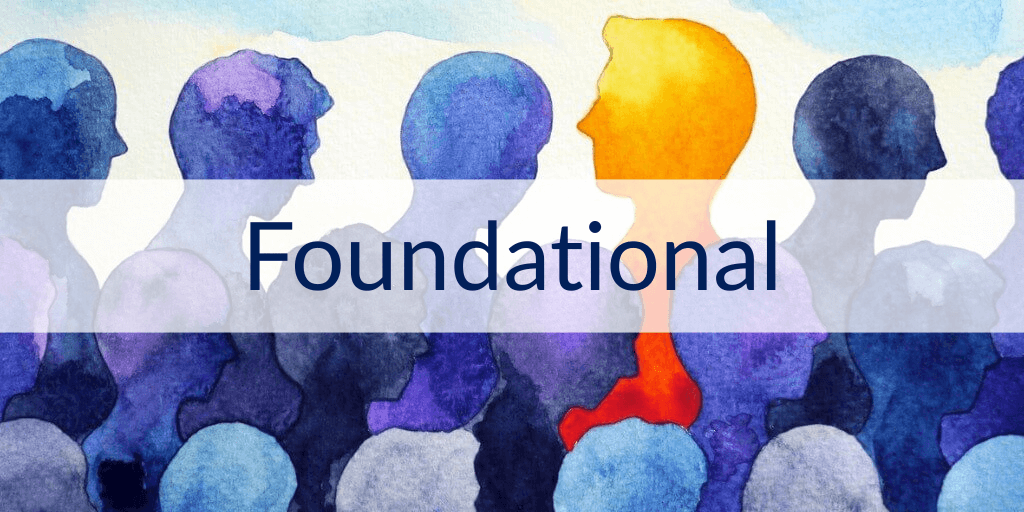Dialectical behaviour therapy (DBT): Foundational skills and essential components

Learn to apply DBT with confidence—build essential skills to support high-risk and emotionally dysregulated clients.
Clinicians looking to use dialectical behaviour therapy (DBT) in group or individual settings with clients will gain essential skills in this introductory training. The facilitator will present material through interactive lecture and experiential exercises. Marsha Linehan developed DBT as an intensive outpatient therapy to treat chronically suicidal clients diagnosed with borderline personality disorder. Clinicians have since adapted it to treat clients with addictions, eating disorders, and other complex problems.
Working with adult clients who experience these difficulties is extremely challenging for mental health and direct service professionals. DBT has proven to be effective in reducing suicidal, self-harm and other impulsive behaviours and to increase client engagement in therapy. DBT blends cognitive behavioural therapy with acceptance-based strategies stemming from Zen philosophy. A primary therapeutic task is to balance the acceptance of the client with a focus on change. During this webinar, participants will learn the theoretical underpinnings of DBT, aspects of the individual component of DBT, and skills from each of the four modules taught in DBT Skills groups: mindfulness, distress tolerance, emotion regulation, and interpersonal effectiveness.
Learning objectives:
- Conceptualize borderline personality disorder using the biosocial theory
- Recognize the components of standard DBT
- Balance validation and change strategies
- Conduct a behavioural analysis and solution analysis of problematic behaviours
- Be able to teach select DBT skills to clients
Whether you’re supporting clients with chronic emotion dysregulation, impulsivity, or suicidal ideation, this introductory DBT training will equip you with the knowledge and skills to make a meaningful impact. You’ll gain a solid understanding of the biosocial theory of borderline personality disorder. You’ll also learn the structure and components of standard DBT. The training highlights the core therapeutic balance between acceptance and change. Through experiential learning, you’ll practice key skills from each DBT module. You’ll build confidence in applying validation strategies, conducting behavioural analyses, and teaching DBT skills to clients.
Register now to build a strong foundation in DBT and strengthen your ability to support adult clients with emotion dysregulation, impulsivity, or suicidal ideation. You’ll leave better prepared to apply DBT strategies in both group and individual therapy settings.



